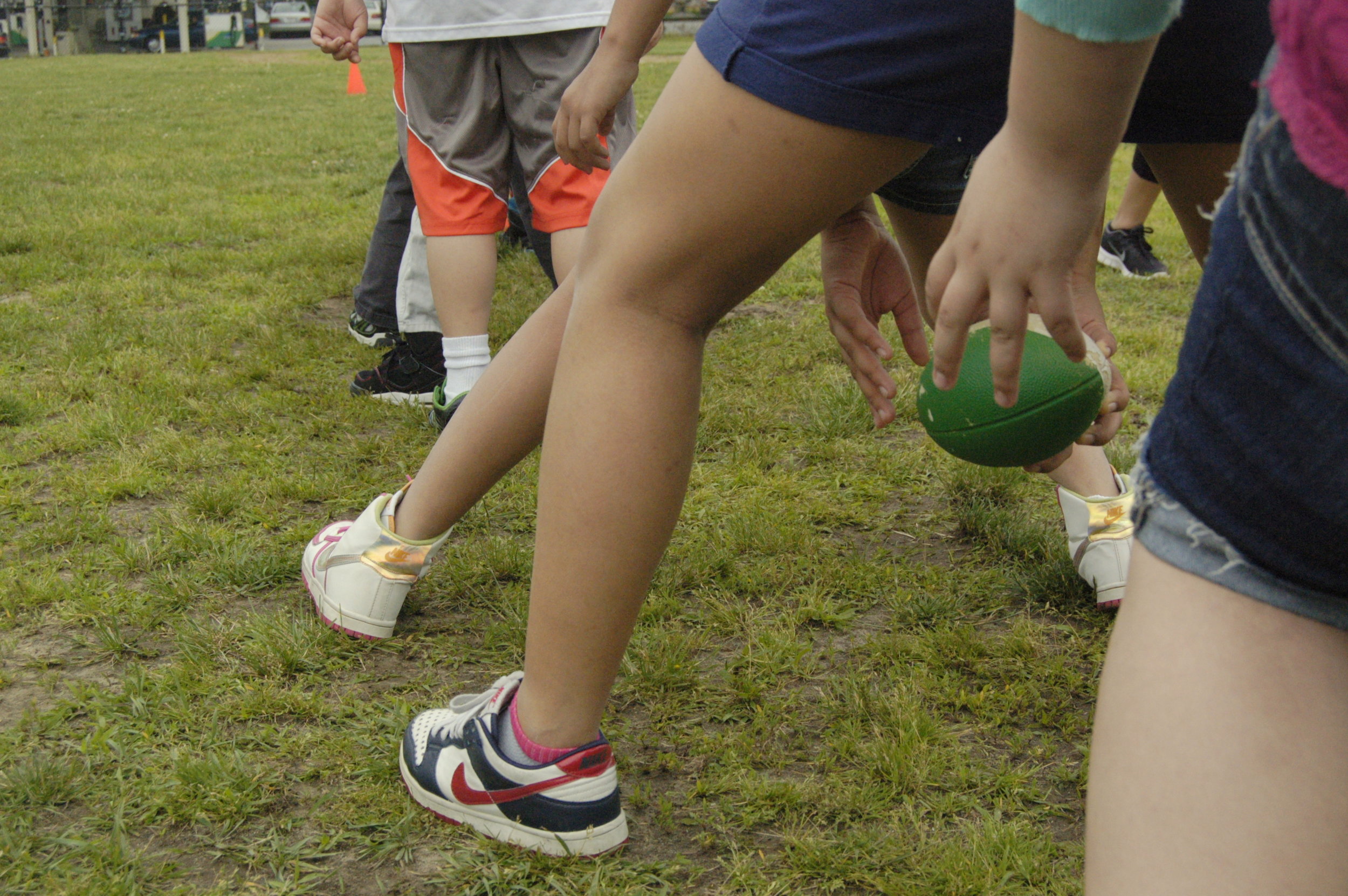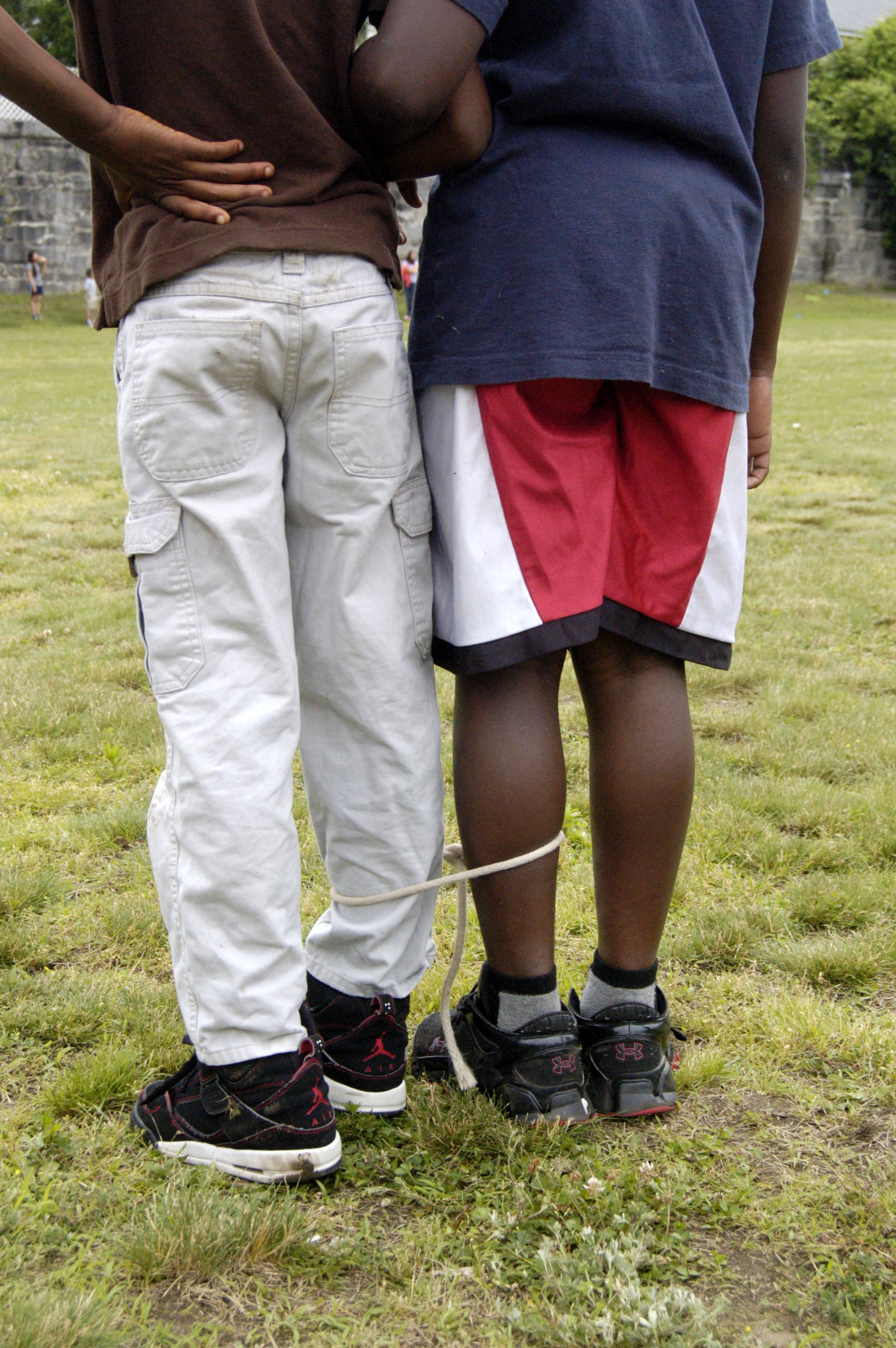Teaching Conflict Resolutions Through Pretzel
 Put yourself back in elementary school and imagine your reaction to a classmate calling you a name or hurting your feelings through action or word. Would you speak up or would you allow that hurt to fester and grow into something more significant? Would you feel listened to? And if you caused the hurt would you recognize it as such?In our adult conversation, do we listen - really listen - to each other even when the conversation is difficult? I am not so sure any more. Maybe what we adults could use is a refresher course in conflict resolution.Ruth Sidney Charmey, author of Teaching Children to Care and a co-founder of the Northeast Foundation for Children invented a powerful activity for children named "Pretzel" (click on the link to find out how the activity was implemented) as a way to teach children conflict resolution and empathy.My good friend and colleague, Paula Gendron, introduced me to Pretzel as a means to teach children awareness of others. Although from year to year it morphed into other small treats (Skittle, Sticker) according to the allergy concerns in the classroom, the premise always remained the same: we all need to feel safe in our classroom community in order to do our best work. In my classrooms, we used this activity almost weekly to heighten awareness and sensitivity in the classroom community.Two of the rules or norms for Pretzel would be applicable to all of us. The first one would seem fairly easy: find something positive to say and compliment someone. It's easy to see negativity, and that can wear anyone down. I believe that when I look for something positive to say, no matter how seemingly insignificant, it can change not only my mindset, but another's as well. For my former students, it was a requirement that there be something positive noticed and complimented whenever we participated in Pretzel.The second norm is a bit harder to do whether you are a child or an adult. When someone offers a criticism, the listener needs to really listen without interjecting commentary or excuses. It is important for the listener to remember that the words are expressing how someone perceives a situation.Listening without becoming defensive or commenting defensively is very hard whether or not you are 8 or 18 or 48 or 108. However, listening to another viewpoint or version of events along with an awareness and acceptance of how someone feels is an essential component to developing empathy. When an 8-year-old hears a classmate say that walking away from one friend to play with another caused hurt feelings, the first reaction is denial. We need to notice more when words and actions might cause another person hurt. We need to be more empathetic.Grownups need to practice conflict resolution now more than ever. We are bombarded daily with bully talk and hate speech that inflames and does not resolve anything. We need to accept that there may be more than one way to perceive a situation, listen no matter how difficult to hear, and develop our adult empathy. And maybe once we adults practice the skills of conflict resolution, we'll have less conflict to resolve.
Put yourself back in elementary school and imagine your reaction to a classmate calling you a name or hurting your feelings through action or word. Would you speak up or would you allow that hurt to fester and grow into something more significant? Would you feel listened to? And if you caused the hurt would you recognize it as such?In our adult conversation, do we listen - really listen - to each other even when the conversation is difficult? I am not so sure any more. Maybe what we adults could use is a refresher course in conflict resolution.Ruth Sidney Charmey, author of Teaching Children to Care and a co-founder of the Northeast Foundation for Children invented a powerful activity for children named "Pretzel" (click on the link to find out how the activity was implemented) as a way to teach children conflict resolution and empathy.My good friend and colleague, Paula Gendron, introduced me to Pretzel as a means to teach children awareness of others. Although from year to year it morphed into other small treats (Skittle, Sticker) according to the allergy concerns in the classroom, the premise always remained the same: we all need to feel safe in our classroom community in order to do our best work. In my classrooms, we used this activity almost weekly to heighten awareness and sensitivity in the classroom community.Two of the rules or norms for Pretzel would be applicable to all of us. The first one would seem fairly easy: find something positive to say and compliment someone. It's easy to see negativity, and that can wear anyone down. I believe that when I look for something positive to say, no matter how seemingly insignificant, it can change not only my mindset, but another's as well. For my former students, it was a requirement that there be something positive noticed and complimented whenever we participated in Pretzel.The second norm is a bit harder to do whether you are a child or an adult. When someone offers a criticism, the listener needs to really listen without interjecting commentary or excuses. It is important for the listener to remember that the words are expressing how someone perceives a situation.Listening without becoming defensive or commenting defensively is very hard whether or not you are 8 or 18 or 48 or 108. However, listening to another viewpoint or version of events along with an awareness and acceptance of how someone feels is an essential component to developing empathy. When an 8-year-old hears a classmate say that walking away from one friend to play with another caused hurt feelings, the first reaction is denial. We need to notice more when words and actions might cause another person hurt. We need to be more empathetic.Grownups need to practice conflict resolution now more than ever. We are bombarded daily with bully talk and hate speech that inflames and does not resolve anything. We need to accept that there may be more than one way to perceive a situation, listen no matter how difficult to hear, and develop our adult empathy. And maybe once we adults practice the skills of conflict resolution, we'll have less conflict to resolve.
